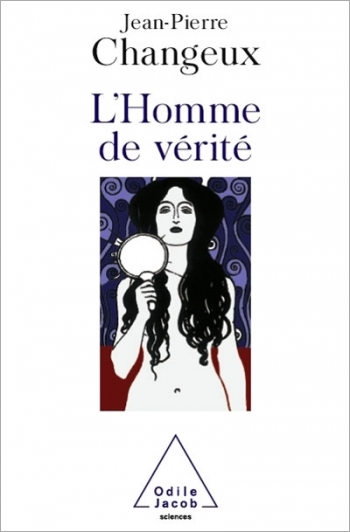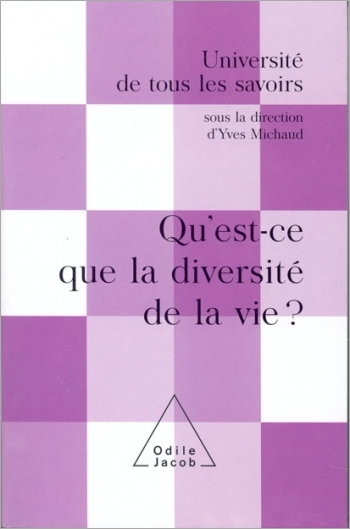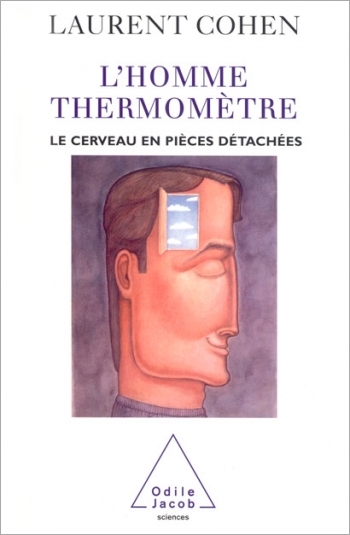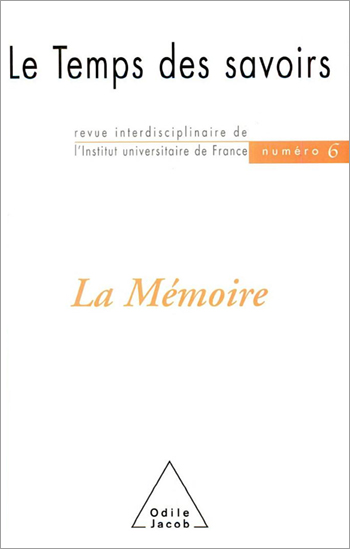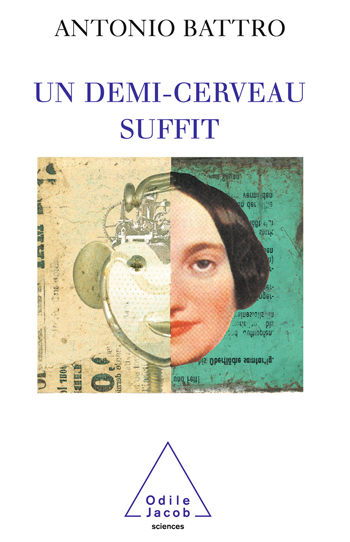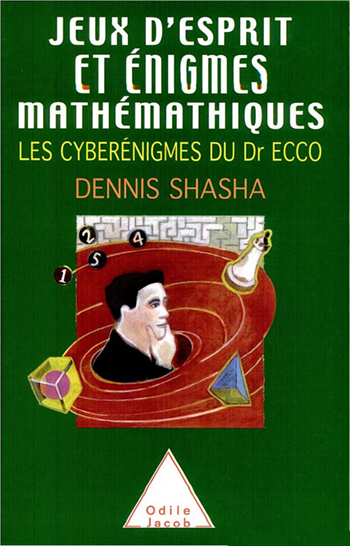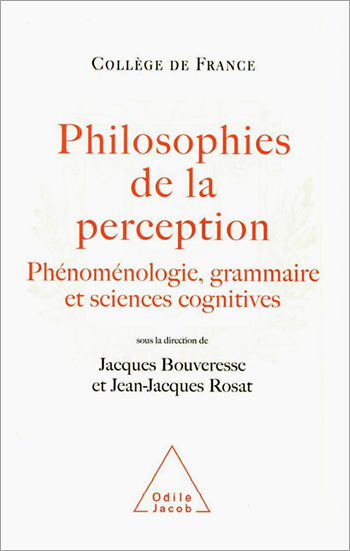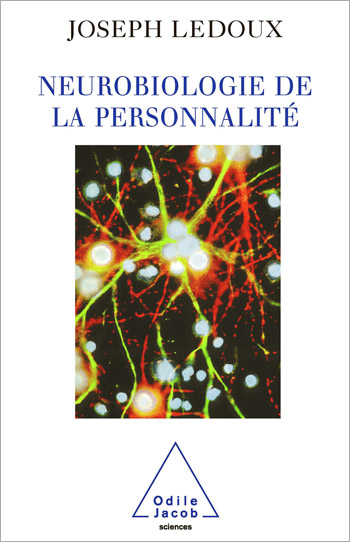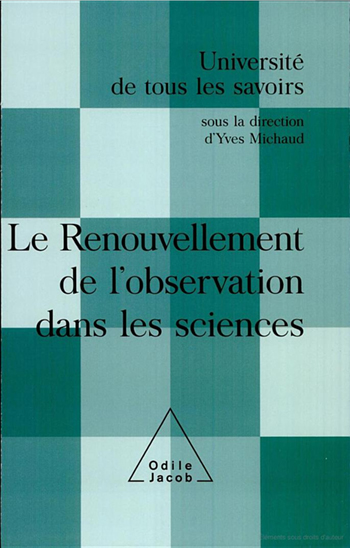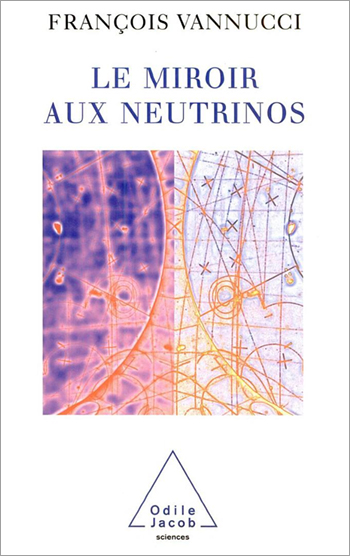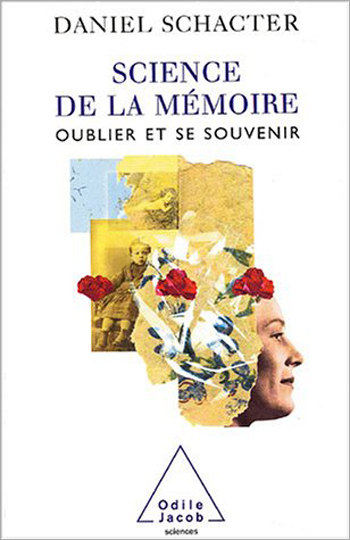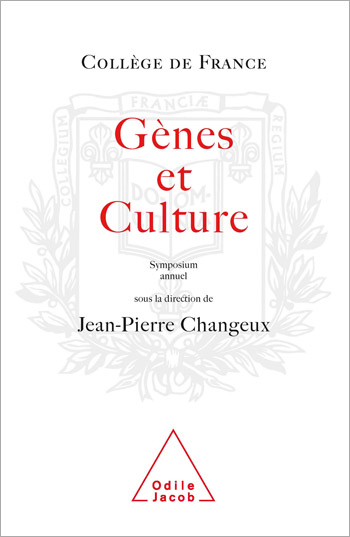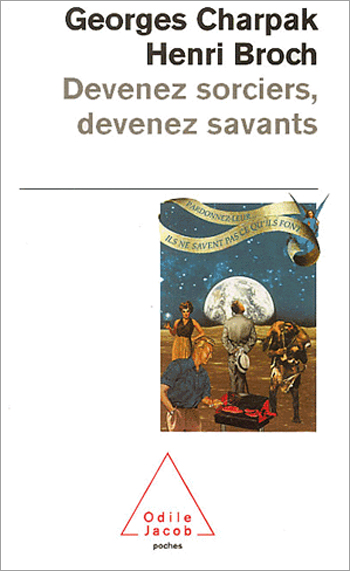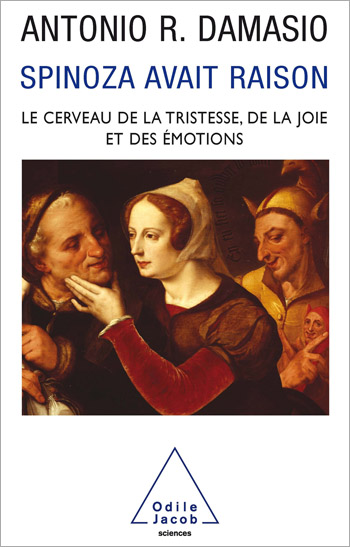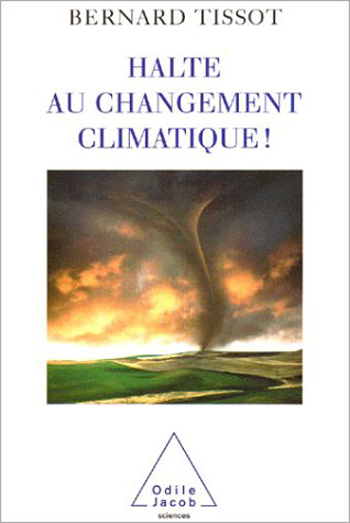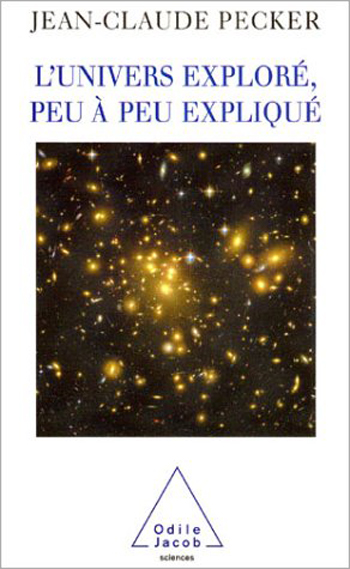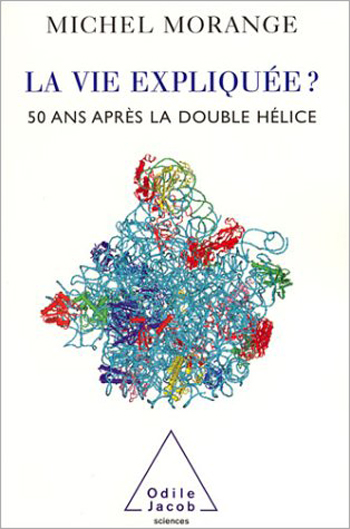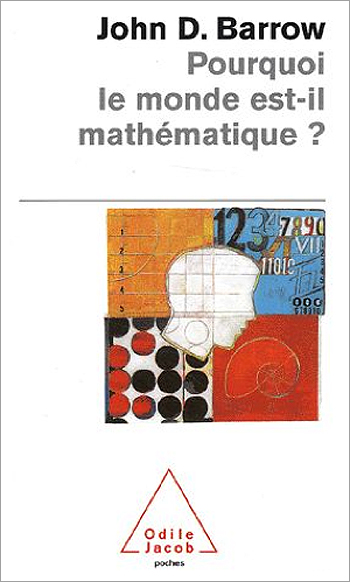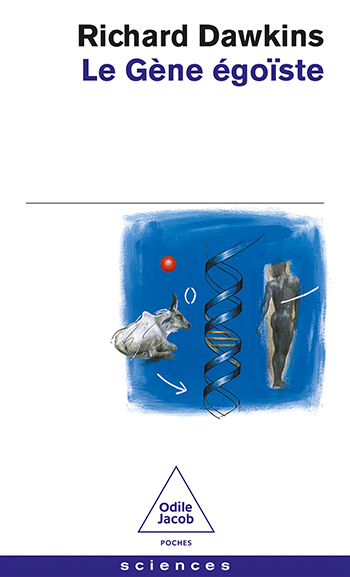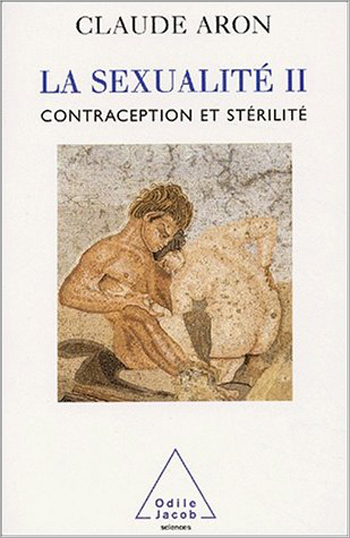Science All books
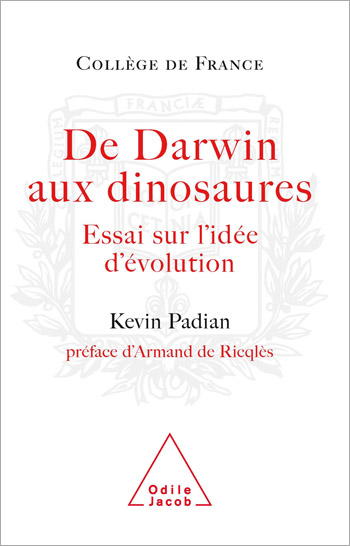
Kevin Padian
From Darwin to Dinosaurs (Work of the Collège de France) An Essay on the Idea of Evolution
In this book, Kevin Padian, world-renowned expert on dinosaurs, takes a historical approach to evolution and gives his view of some of the key problems of the theory of evolution
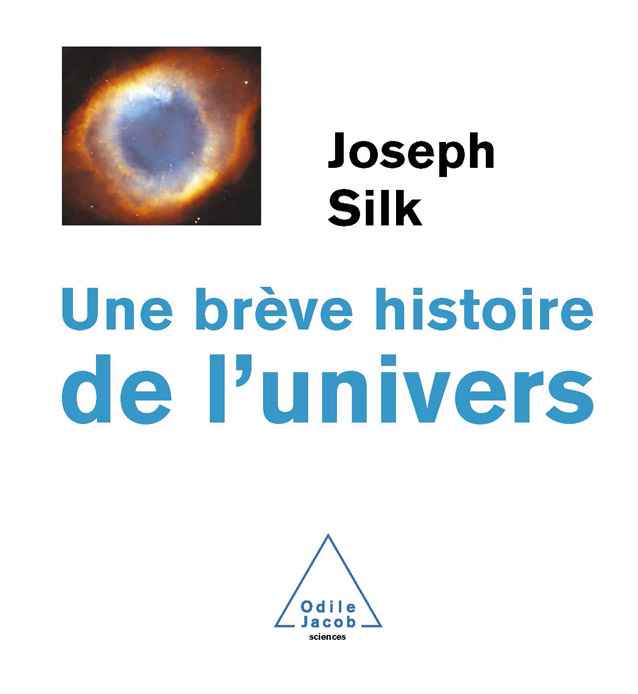
Joseph Silk
Une brève histoire de l'univers
Joseph Silk is the author of an authoritative book on the Big Bang. In the present work, he covers the history of the universe from that first great explosion and shows how the most recent discoveries in astrophysics i.e. of the cosmic fluctuations from which the great structures of the universe emerged provide the missing link between the Big Bang, which occurred 15 billion years ago, and the present state of the universe. When did time begin? This is the question, already asked by Stephen Hawking, that A Short History of the Universe sets out to answer. It is the subject of current debate among theologians: Did time begin with the Big Bang, in which case God could not have created the universe, or has time existed for all eternity, which would mean that the Big Bang was just one event among others, that God could have existed before it occurred and that He could thus have created the universe? This highly accessible book will be of interest to a wide readership, since the issues examined here concern all of us. Joseph Silk, an astrophysicist and cosmologist, teaches at Oxford University.
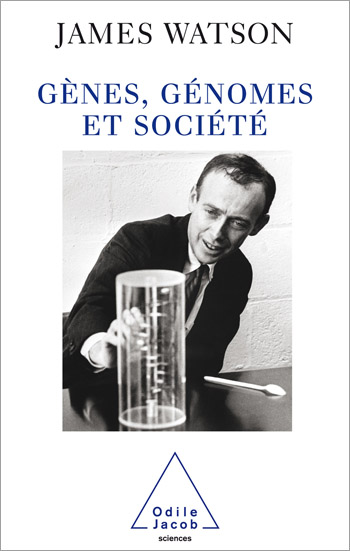
James Watson
A Passion for DNA Genes, Genomes and Society
In 1953, two young scientists, James Watson and Francis Crick, began a scientific revolution when they discovered the double helix structure of the DNA molecule, the substance that is the basis of heredity. James Watson, who won Nobel Prize in 1962 at the age of 34, has continued to play a central role in the field of genetics. Throughout his long scientific career, he has constantly sought to explain the latest developments and findings. The present volume is a collection of articles and lectures reflecting his views during the past fifty years on such subjects as GM foods, cancer, the sequencing of the human genome, and the ethical and social consequences of biology. This is a thought-provoking, often optimistic and always spirited book, reflecting the life and work of one of the great minds of the twentieth century.
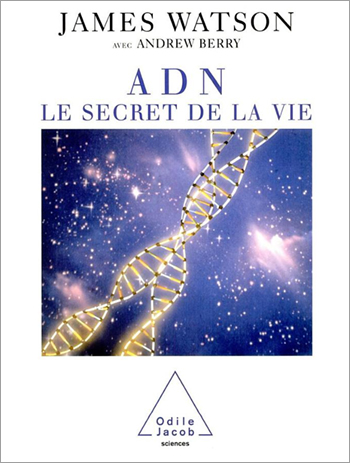
James Watson
DNA The Secret of Life
Fifty years ago, when he was only 24, James Watson contributed to cracking the genetic code and thus helped resolve one of the greatest scientific mysteries of our age. In DNA: The Secret of Life, he goes back in time and offers an overall view of the genetic revolution. He gives us the keys to understanding the molecular foundations of life and shows to what extent our knowledge of genetics affects how we regard our origins and our own identity. Drawing on his long experience at the forefront of genetic research, he examines the brave new world that lies before us all and the consequences of the genetic revolution. James D. Watson is best known as the co-discoverer, with Francis Crick and Maurice Wilkins, of the molecular structure of DNA. For this accomplishment, the three men shared the 1962 Nobel Prize for Physiology or Medicine. In 1968, he was appointed director of Cold Spring Harbor Laboratory, on Long Island, New York, and has served as its president since 1994. Andrew Berry is a junior fellow at the Museum of Comparative Zoology at Harvard University
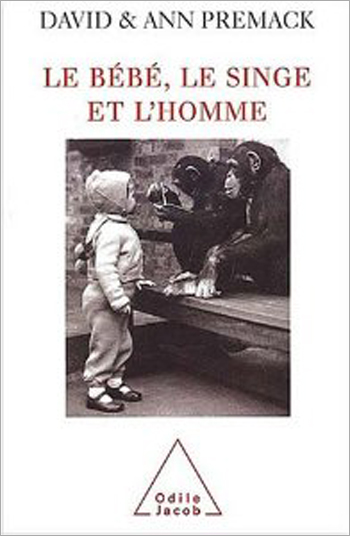
Ann Premack, David Premack
The Baby, the Ape and Man
The issue of the differences and similarities between humans and their cousins the chimpanzees governs the definition of human identity. How can this difference be explained? By studying the learning process of chimpanzees and comparing it to that of children, Ann and David Premack were gradually able to discover a series of differences, none of which were radical but when put together showed a yawning gap between the two species. The results they obtained enabled them to reconstruct little by little the sum of the differences that make up human identity. Ann and David Premack are specialists in the study of primates.
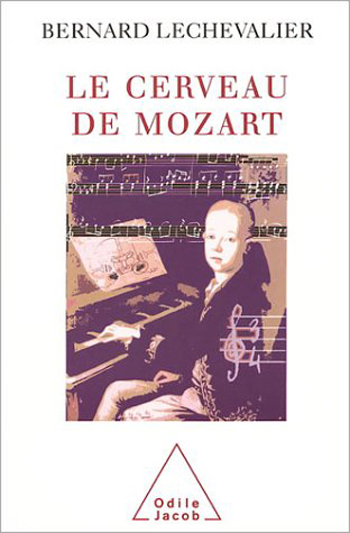
Bernard Lechevalier
Mozart's Brain
In this book, the author uses episodes from Mozarts life which illustrate a specific aspect of musical perception. He explores the mechanisms of musical memory - how is it mentally possible to memorise a fifteen-minute musical composition for nine voices, in two choirs? Is this ability due to a listening technique? To an emotionally-based one? What mental operations are at work in musical memory, in general? Bernard Lechevalier is a neurologist specialising in neuropsychology, and a professor of neurology and medicine in teaching hospitals.
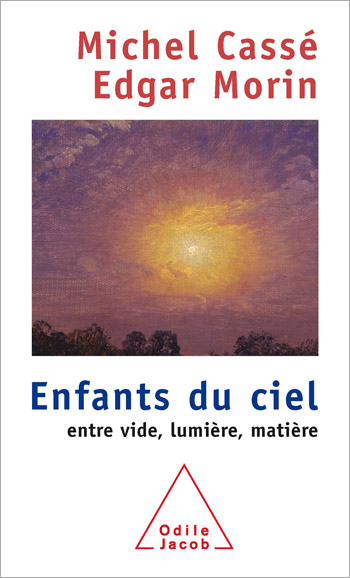
Michel Cassé, Edgar Morin
Children of the Sky Between Nothingness, Light and Matter
What is the universe, which we regard as "ours" not only because we live in it but because it produced us? This book is in the form of a dialogue on cosmology between the astrophysicist Michel Cassé and the philosopher Edgar Morin. It is a profound work which revels in the joy of knowledge and restores us to the universe that is in all of us, as it celebrates the "anthropo-cosmos". Michel Cassé is an astrophysicist at the Atomic Energy Commission. Edgar Morin is an internationally renowned writer and thinker.
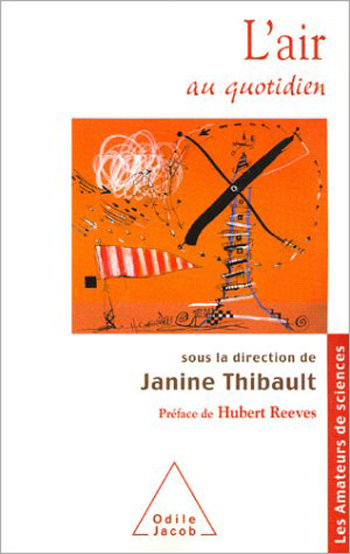
Janine Thibault
The Air We Breathe
What is air? What is pollution? Whether with regard to the atmosphere, the effects of pollutants, or the weather, teachers will find in this book elementary theoretical information on air, and the essential foundation needed to instruct their pupils with a civic-minded, and preventive attitude to the air they breathe.
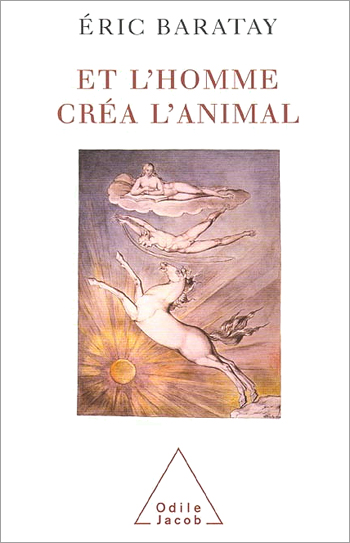
Éric Baratay
And Man Created the Animal History of a Condition
In this book, Baratay holds a mirror up to humanity. He reviews the changing status of animals throughout human history: from ancient myths about animal domestication to the invention of bullfighting, from the great pastoral epics to modern slaughterhouses, from the ancient role played by animals in the human imagination to modern laboratory testing. Eric Baratay is a historian specialising in the contemporary world and in the status of animals.
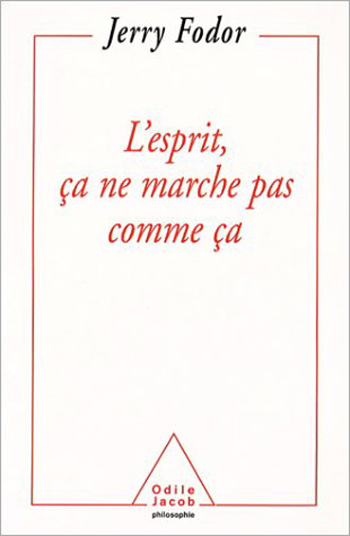
Jerry Fodor
The Mind Doesn't Work That Way The Scope and Limits of Computational Psychology
In this book, one of the most eminent figures in the field of cognition reviews his most recent views on the subject, and questions the validity of recent attempts to combine the computational theory of mind with psychological nativism and with biological principles borrowed from Darwinian evolutionary theory. Fodor goes on to examine the question that has remained unanswered for the past fifty years: is the mind a computer? This is a fascinating lesson of philosophical and scientific modesty. Jerry Fodor is a professor of philosophy at Rutgers University.
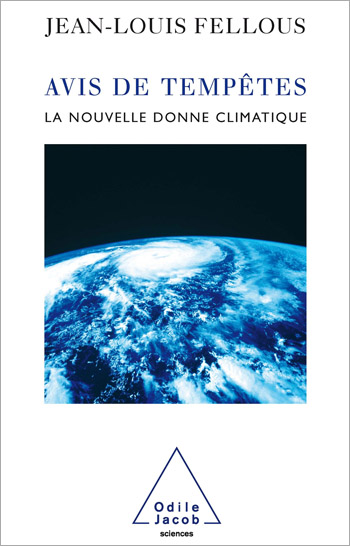
Jean-Louis Fellous
Tempest Warning The New Climatic Order
Is it true that we are heading toward global warming? And if so, what is the time frame? What will be the consequences on our lives and those of our children and grandchildren? This book will help readers understand the physical phenomena that make up the Earths climate, as well as the possible consequences of the natural and human alterations which have been inflicted on it. It also makes a plea for a concerted effort on a global scale. Jean-Louis Fellous currently heads ocean exploration for Ifremer (Institut français de recherche pour lexploitation de la mer).

